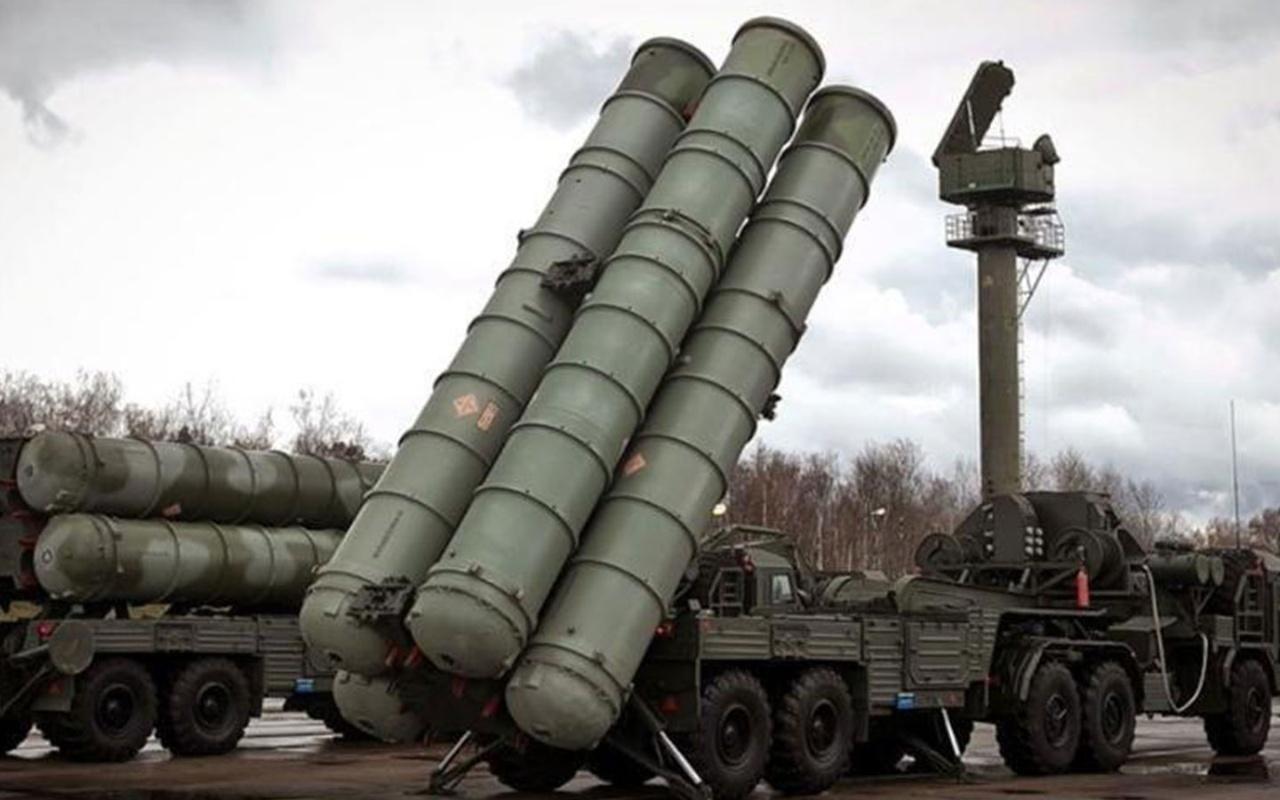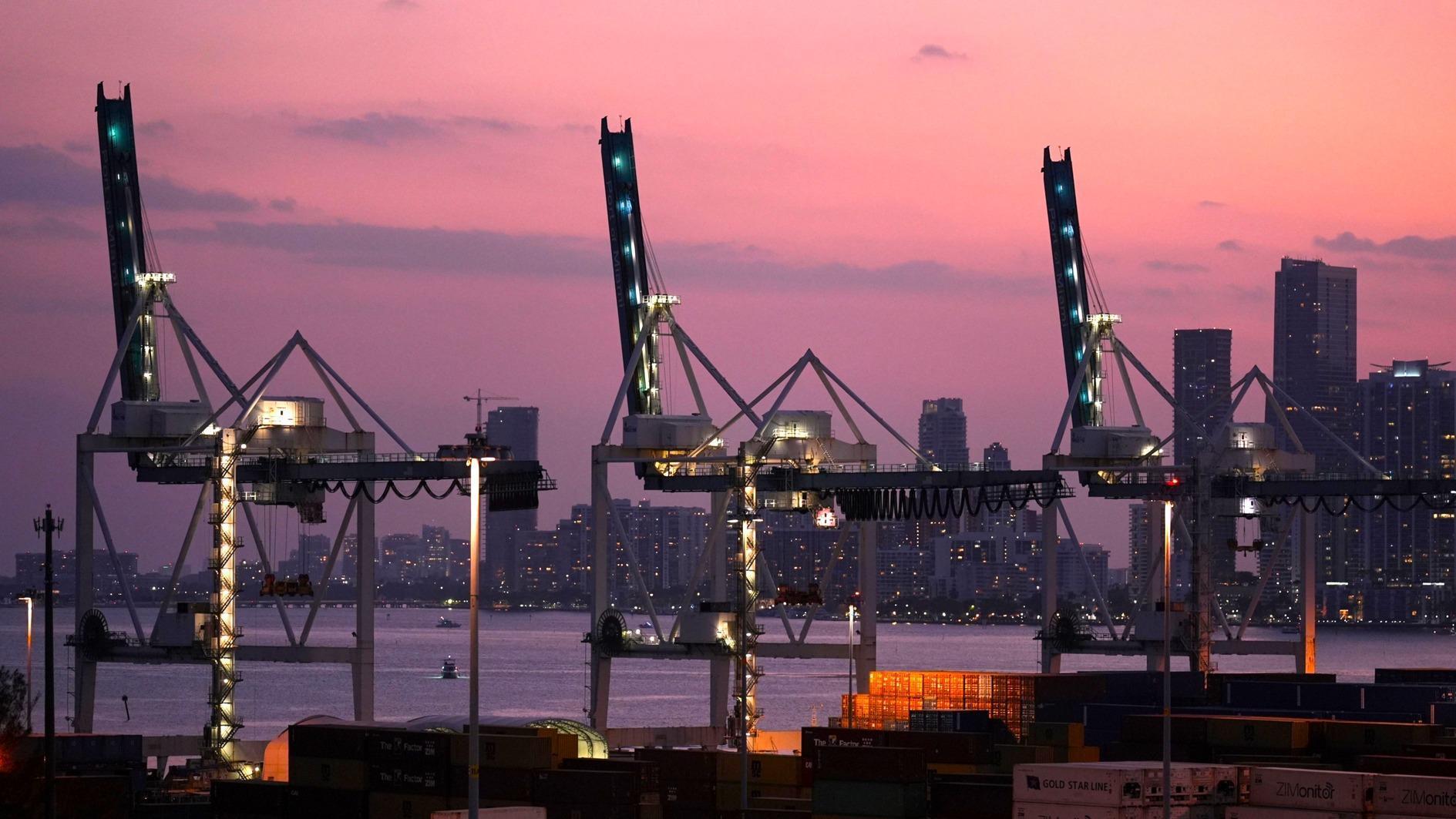Turkey’s S-400 purchase creates unacceptable risks: US
WASHINGTON

Turkey’s purchase of Russia’s S-400 missile defense system creates “unacceptable risks” for the U.S., a Department of Defense official said on June 6.
“The radar system would provide Russia with military sensitive info on the F-35, which is our top-quality fifth-generation aircraft,” Andrew Winternitz, acting deputy assistant secretary of defense for European and NATO policy, said at a panel hosted by Foreign Policy magazine.
“From our perspective, there are no measures that can mitigate our concerns on this,” he added.
Following protracted efforts to purchase an air defense system from the U.S. with no success, Ankara decided in 2017 to purchase Russia’s system.
American officials advised Turkey to buy the U.S. Patriot missile system rather than the S-400 system from Moscow, arguing it would be incompatible with NATO systems and expose the F-35 to possible Russian subterfuge.
Turkey, however, has emphasized that the S-400 would not be integrated into NATO operability and would therefore not pose a threat to the alliance.
Winternitz said the U.S. has been in constant contact with Turkey about the purchase and said the deal was incompatible with a 2016 NATO summit declaration that was signed by Turkey.
Despite this, he said Washington is “looking forward to a long continued bilateral relationship with Turkey.”
“Our relationship is many-layered, and this strategic partnership we have with them is going to remain, and we’re just hoping we can discuss this issue with them,” he said.
Turkish Defense Minister Hulusi Akar said on May 22 that Turkish military personnel were receiving training in Russia to use the S-400, and that Russian personnel may come to Turkey.
Turkish President Recep Tayyip Erdoğan said on June 4 it was “out of the question” for Turkey to back away from its deal with Moscow.
Kathryn Wheelbarger, one of the Pentagon’s most senior policy officials, said last week that Turkey’s completion of the transaction with Russia would be “devastating,” dealing heavy blows to the F-35 program and to Turkish interoperability within the NATO alliance.
“The S-400 is a Russian system designed to shoot down an aircraft like the F-35,” said Wheelbarger, an acting assistant secretary of defense. “And it is inconceivable to imagine Russia not taking advantage of that (intelligence) collection opportunity.”
Meanwhile, the United States has decided to stop accepting any additional Turkish pilots who planned to come to the United States to train on F-35 fighter jets, U.S. officials say.
The two NATO allies have sparred publicly for months over Turkey’s order for Russia’s S-400 air defense system, which Washington says poses a threat to the Lockheed Martin Corp F-35 stealthy fighters, which Turkey also plans to buy.
The two U.S. officials, who spoke to Reuters this week on condition of anonymity, left open the possibility the decision could be reversed, perhaps if Turkey altered its plans. They said the decision so far only applied to upcoming rounds of Turkish pilots and maintenance crews who would have normally come to the United States.
There has not yet been a formal decision to halt the training of the Turkish pilots and maintenance crews now at Luke Air Force Base in Arizona, the sources said. Still, Reuters reported last week that the step was being seriously considered.
Four Turkish pilots are currently training at Luke. Two additional Turkish pilots are at the U.S. base working as instructors. Beyond those six Turkish officers, there are an additional 20 Turkish aircraft maintainers at the base undergoing training as well, the U.S. military says.
Turkey has expressed an interest in buying 100 of the fighters, which would have a total value of $9 billion at current prices.
If Turkey were removed from the F-35 program, it would be one of the most significant ruptures in recent history in the relationship between the two allies, experts said.
The Pentagon declined comment on whether it would accept new Turkish pilots. But it has stressed discussions are taking place with Ankara on potentially selling Turkey Patriot missile defenses, which are made by Raytheon Co.
Erdoğan said on June 4, however, that the United States had not “given us an offer as good as the S-400s.”
















